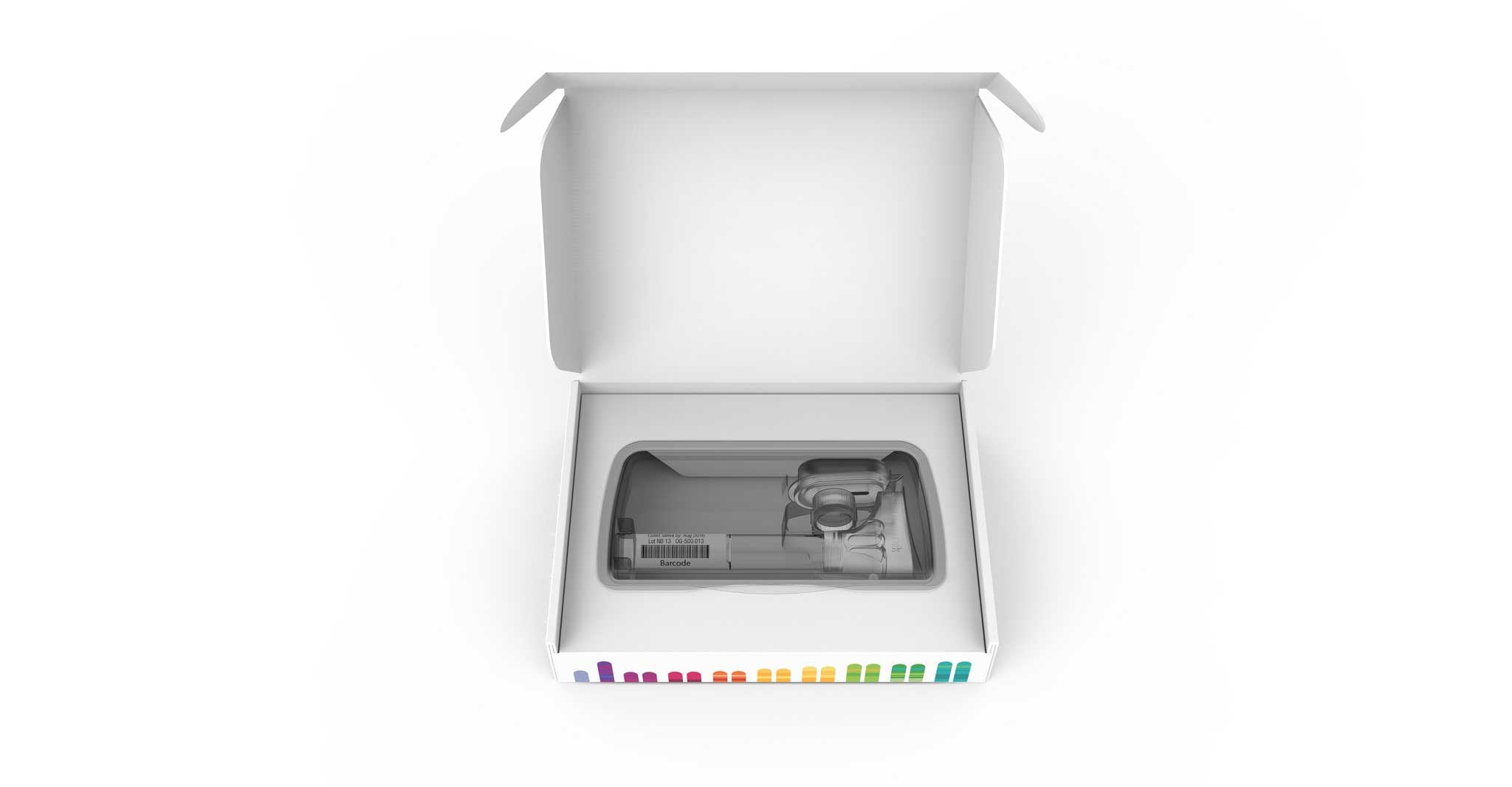The recent Food and Drug Administration decision allowing people to be tested for hereditary cancers through the mail may be more challenging than it seems.
Dr. Sapna Khubchandani, a breast specialist with the Hartford HealthCare Medical Group Hematology Oncology practice in Waterford, says it is “concerning” that the genetic testing firm 23andme Inc., can now sell mail-in genetic kits to people wanting to see if they carry genetic mutations that put them at higher risk for breast and ovarian cancer.
“There are more than 1,000 mutations of the BRCA 1 and 2 genes that can increase the risk of breast and ovarian cancer and this kit only checks for three common mutations,” says Dr. Khubchandani. “Plus, there are many other genes that have been identified in addition to BRCA 1 and 2that can increase the risk of breast and ovarian cancer.”
As a result, she says patients who receive a “negative” result with the 23andme kit might be given a false sense of hope and assurance that they do not have a predisposition for breast, ovarian or other cancers. That might mean they might skip routine screening tests like mammograms that can detect cancer early, or fail to seek out more personalized screening.
“On the other side of the coin,” says Dr. Khubchandani, “positive test results might be difficult to understand and patients might misinterpret them. It can cause a lot of anxiety and, possibly, a sense of doom as patients may believe they are destined to get cancer when that is not certain.”
It is important for patients to understand that there is more involved in genetic testing than simply having a sample checked through a mail-in genetic testing kit, she says. That’s where genetic counseling comes in. Genetic counselors are professionals with specialized education in genetics and counseling to provide the personalized help patients may need as they make decisions about their genetic health. They discuss the full range of factors that may contribute to cancer risk, including a person’s medical history, lifestyle and other environmental factors.
“Patients absolutely need to consult with a healthcare professional trained to help them understand the pros and cons of having genetic testing,” says Dr. Khubchandani. “Once testing is done, the counselor helps interpret the results so patients can make personal decisions about future care.”
The Hereditary Cancer Risk Assessment Program at MidState Medical Center provides education and support for patients wishing to learn more about their personal and family medical history. Patients are given a 28-gene test and work with a certified genetic counselor to discuss the test beforehand. A nurse practitioner discusses the results with patients in person, provides a personalized plan to decrease risks and works with the patient’s primary care physician if there are positive results. For more information or to make an appointment, call 203.694.8879.
The Katherine Ann King Rudolph Hereditary Cancer Genetics Program at the Hospital of Central Connecticut also offers genetic counseling and testing for anyone at risk of specific hereditary cancers like breast and ovarian. For more information, call 860.827.4185.

